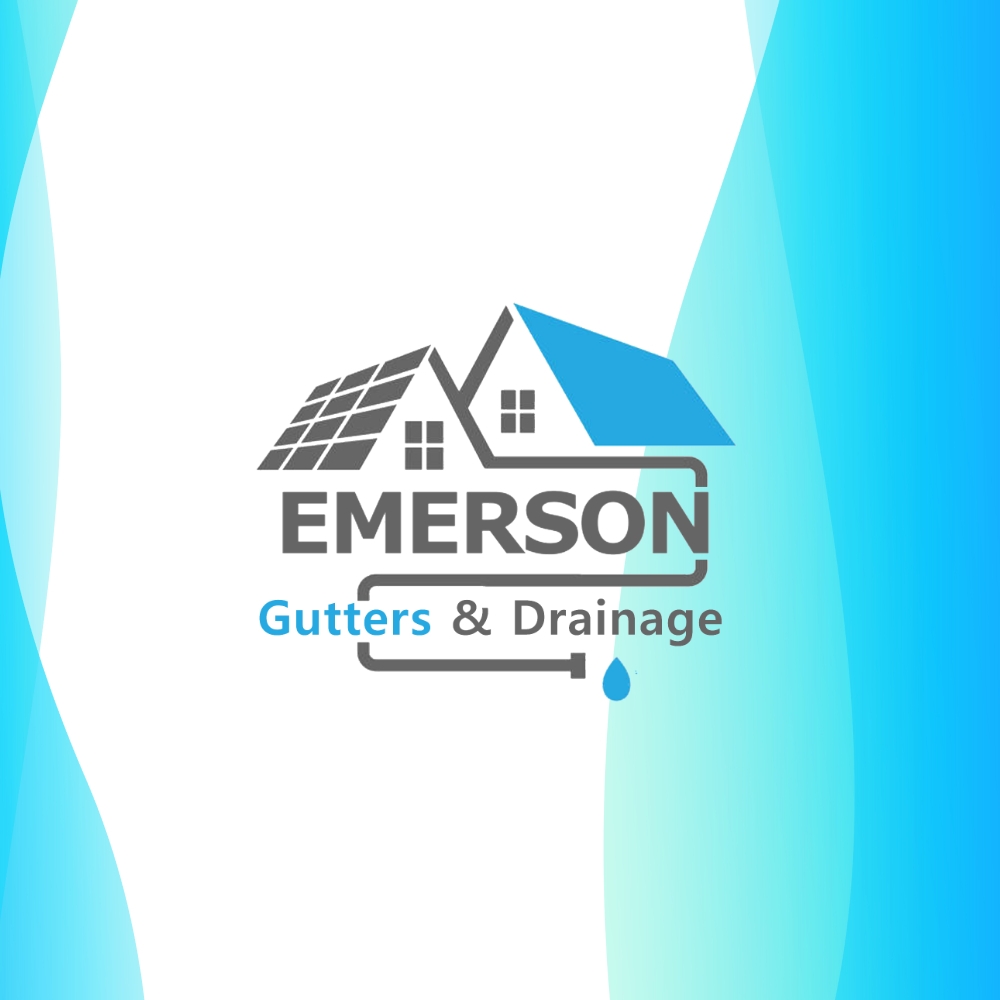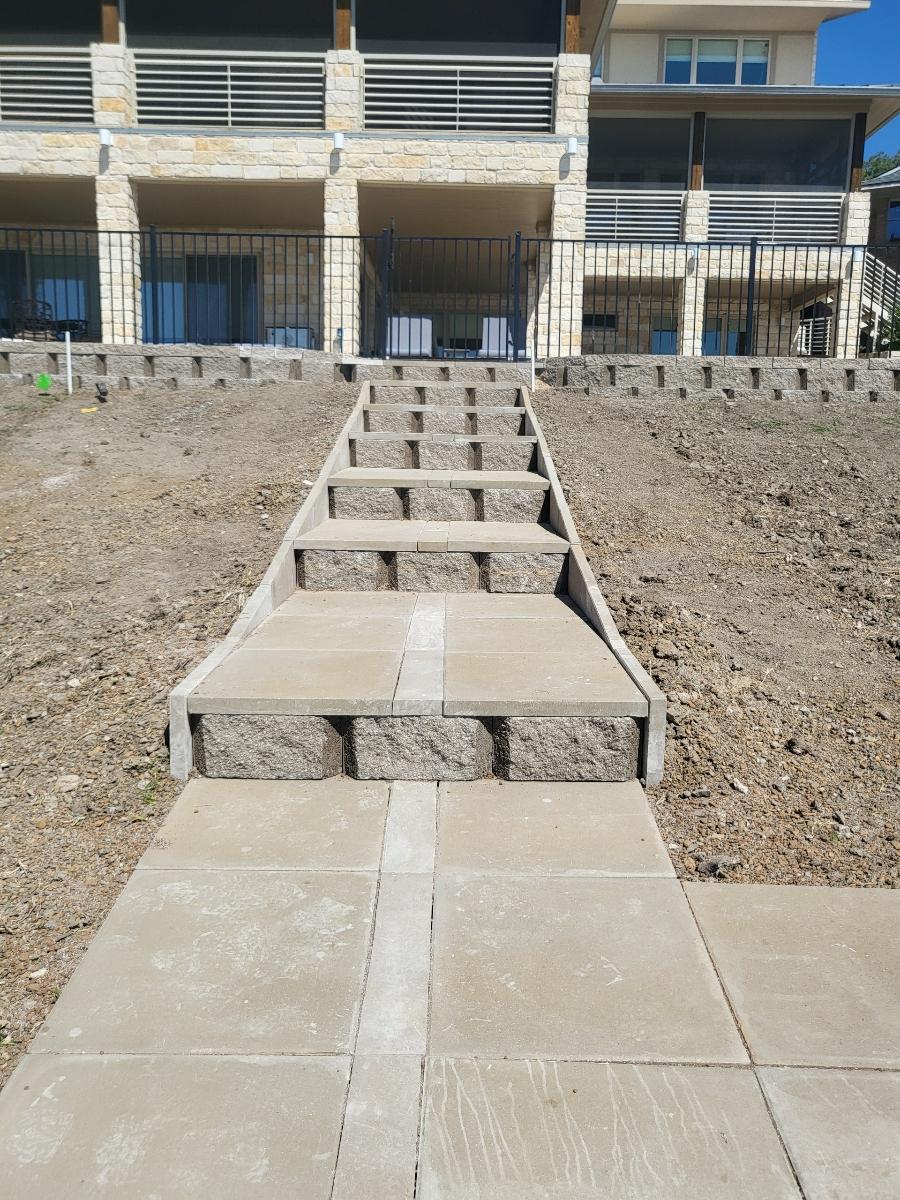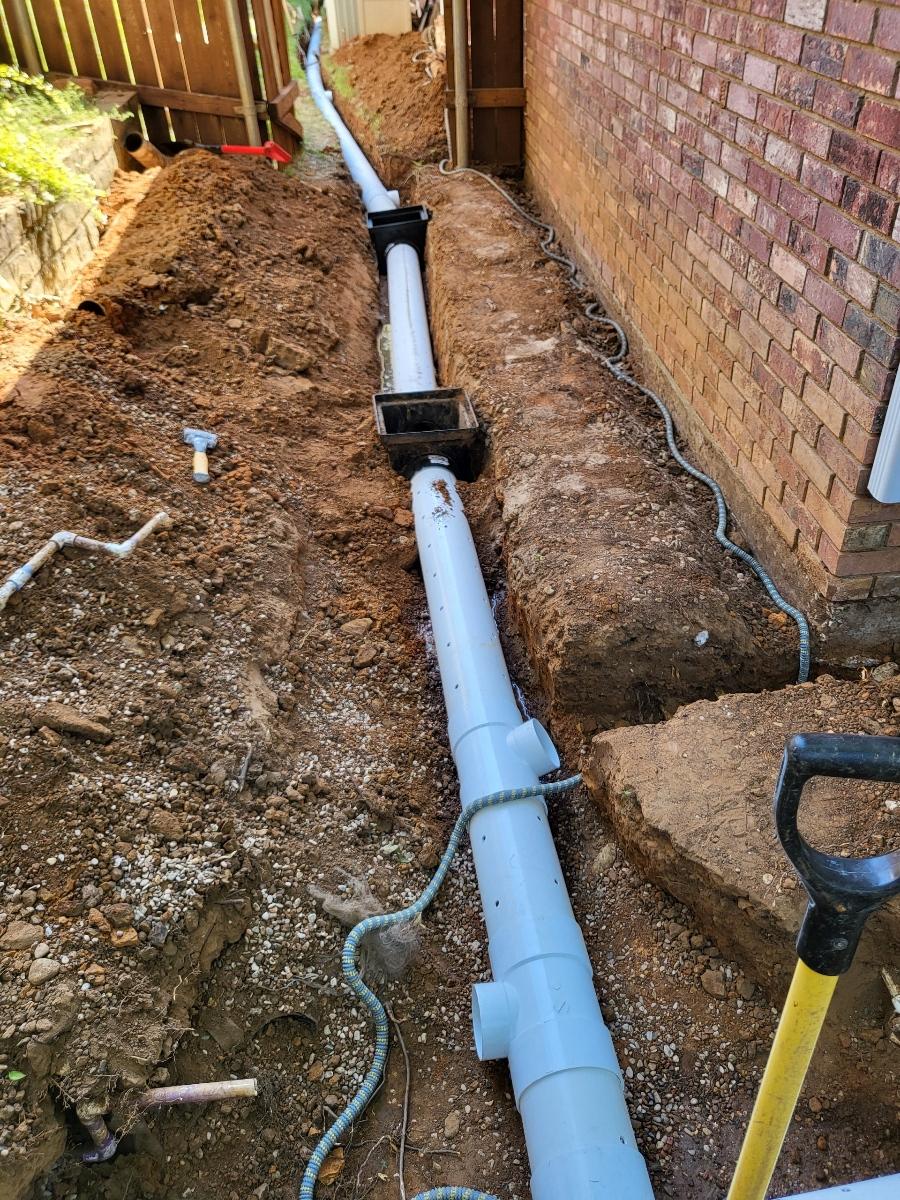

Proper drainage through professional gutter installation is an essential aspect of safeguarding property infrastructure. It goes beyond mere functionality, extending to the protection of investments and ensuring longevity.
By considering the intricate details of gutter systems, one can mitigate potential risks associated with poor drainage, virtually reducing the need to consult drainage services.
The discussion on this topic will shed light on the nuances that differentiate a professionally installed gutter system from a DIY approach, offering insights that are pertinent to property owners seeking comprehensive solutions for effective water management.
To ensure optimal performance and longevity of gutter systems, engaging professional installation services is crucial. Professional gutter services offer numerous benefits that contribute to the overall effectiveness of the gutter system.
Firstly, professionals have the expertise and experience to properly assess the property and determine the most suitable gutter system for specific needs. This ensures that the gutters are installed correctly the first time, minimizing the risk of future issues. Additionally, professional installers use high-quality materials and tools, guaranteeing a durable and reliable gutter system that can withstand various weather conditions.
Moreover, professional installation often comes with warranties, providing peace of mind knowing that any potential issues will be addressed promptly. Overall, investing in professional installation pays off in the form of efficient drainage and long-term cost savings.
Factors that significantly impact gutter performance include the quality of materials used, proper gutter maintenance practices, and the design of the gutter system. The quality of materials determines the durability and effectiveness of the gutters in withstanding weather elements.
Opting for high-quality materials will ensure longevity and reduce the need for frequent repairs. Proper gutter maintenance practices, such as regular gutter repair, gutter cleaning, and inspections, are essential for preventing clogs and blockages that can impede water flow.
Neglecting maintenance can lead to water damage and structural issues. Additionally, the design of the gutter system plays a crucial role in directing water away from the structure efficiently. A well-designed gutter system will effectively channel water towards downspouts and away from the building, preventing water-related damage.

Selecting high-quality gutter materials is paramount for ensuring the longevity and effectiveness of your gutter system in managing proper drainage. When choosing the right gutter materials, consider factors such as durability, weather resistance, and maintenance requirements.
Common materials used for gutters include aluminum, vinyl, steel, and copper. Aluminum gutters are lightweight, rust-resistant, and cost-effective, making them a popular choice for many homeowners. Vinyl gutters are low-maintenance and easy to install, but they may not be as durable as metal options.
Steel gutters are sturdy and can withstand harsh weather conditions, while copper gutters offer a stylish and elegant look, though they come at a higher price point. Ultimately, selecting the appropriate gutter material depends on your specific needs and budget.
Proper gutter sizing and positioning play a crucial role in ensuring efficient water drainage and preventing potential structural damage to your property. When it comes to sizing, the capacity of the gutters must match the volume of water expected to flow off the roof during heavy rainfall.
This is determined by factors such as roof size, pitch, and local weather conditions. Additionally, the positioning of the gutters is essential for effective water diversion.
Gutters should be sloped correctly towards the downspouts to ensure water flows smoothly and doesn't pool or overflow. Properly sized gutters, combined with strategic positioning, will help safeguard your property against water-related issues and maintain its structural integrity.

To ensure the longevity of your gutters and maintain their optimal functionality, regular maintenance is essential. Inspecting your gutters at least twice a year, typically in the spring and fall, is crucial to identifying and addressing any issues promptly.
Remove debris such as leaves, twigs, and dirt that can clog the gutters and downspouts, causing water to overflow. Ensure that the gutters are securely fastened to the roofline and that there are no leaks or cracks present.
Additionally, check for any signs of rust or corrosion, as these can weaken the gutters over time. In case your gutters are damaged, be sure to do proper gutter repair. By staying proactive with maintenance, you can extend the lifespan of your gutters and prevent costly repairs down the line.
When considering gutter installation, it is prudent to weigh the benefits of hiring professional installers against the option of DIY. While a DIY approach may seem cost-effective initially, professional installers bring expertise and efficiency to the table.
Professionals have the necessary skills and experience to ensure that the gutter system is installed correctly, minimizing the risk of leaks or improper drainage. Additionally, professional installers can offer valuable insights into the best gutter materials and designs for your specific needs.
By opting for professional installation, you can save time and potentially costly repairs down the line. Ultimately, investing in professional installers for your gutter installation can provide peace of mind and long-term satisfaction with your drainage system.

When considering gutter materials for installation, homeowners have eco-friendly options available. Some common eco-friendly gutter materials include recycled aluminum, copper, and stainless steel. These materials are sustainable choices that can be recycled again at the end of their lifespan. By opting for eco-friendly gutter materials, homeowners can contribute to reducing their environmental impact while still ensuring proper drainage and protection for their homes.
Properly installed gutters can significantly reduce basement flooding by directing rainwater away from the foundation of the house. This helps prevent water from seeping into basements and causing damage. By ensuring that water is effectively channeled away from the property, gutter installation plays a crucial role in maintaining the structural integrity of buildings and safeguarding against potential water-related issues such as basement flooding.
Gutter guards can indeed be added to existing gutters to enhance protection against debris accumulation, which can impede proper water flow and lead to potential issues like clogging. By installing gutter guards, you can help maintain the functionality of your gutters, reducing the need for frequent cleaning and ensuring that water is effectively channeled away from your property. This additional layer of defense can contribute to the overall efficiency and longevity of your gutter system.